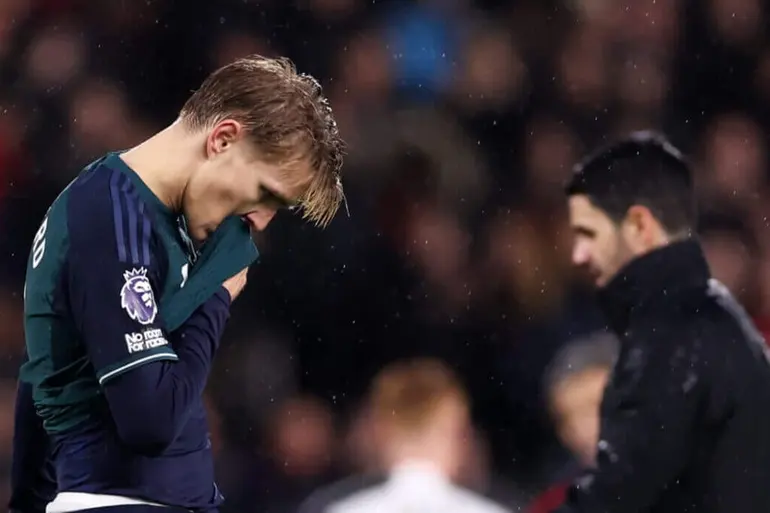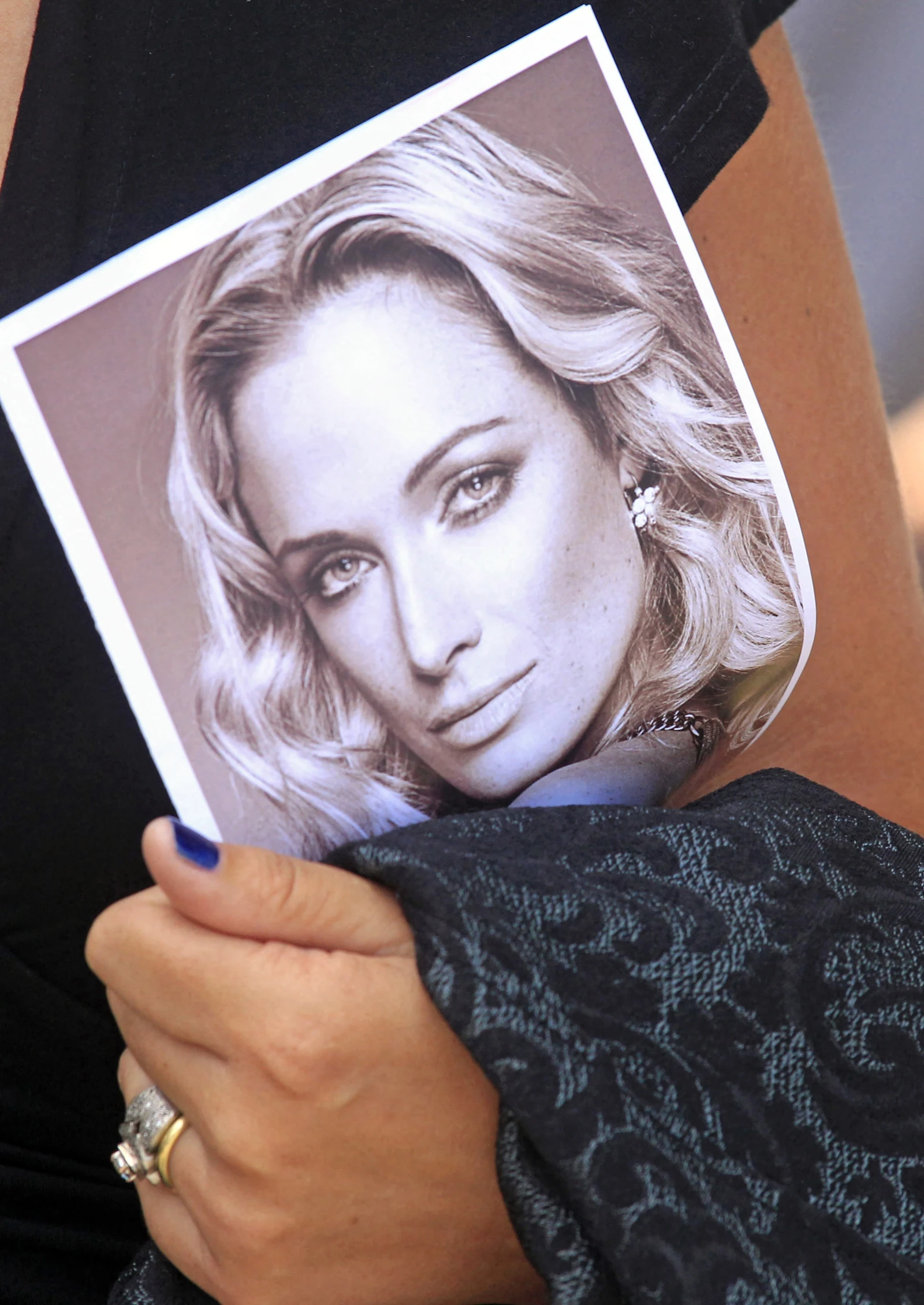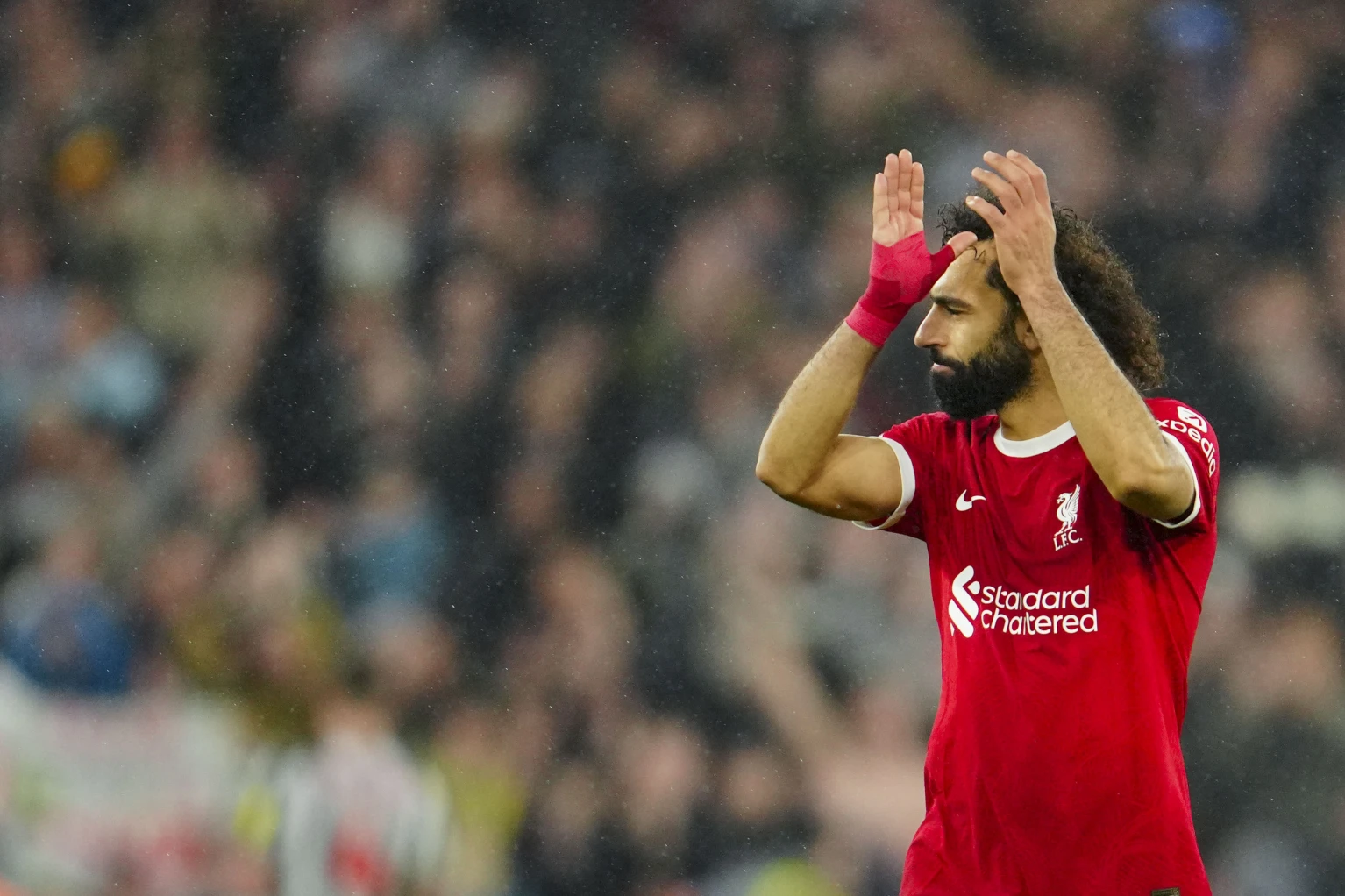
It is perhaps a sign of the progress Arsenal have made that two defeats, leaving the club five points off the Premier League’s top spot, prompt the kind of introspection and analysis once reserved for true crises.
But expectations have changed, and understandably so. After battling Manchester City for the title last season, and another summer of major expenditure, Arsenal ought to be challenging again. Losing consecutive league games is a significant dent to their title credentials.
It’s the first time Mikel Arteta’s team have lost back-to-back league matches in 2023-24. Last season, that only happened once – in May, with their title challenge already on the verge of collapse.
Arsenal have won just one of their last five league games. Even allowing for challenging fixtures away at Aston Villa and Liverpool, it’s undoubtedly a wobble. A team that looked fairly unflappable in the season’s early months, defeating champions Manchester City along the way, appear to have lost their composure.
Arsenal’s attack has been hurt by injuries to Gabriel Jesus and Gabriel Martinelli, who’ve missed a combined total of seven league games. All teams need to deal with absences, but Arsenal don’t have the same depth in their front line as City and Liverpool.
The two longer-term absentees that seem to be particularly missed are summer signing Jurrien Timber and midfielder Thomas Partey.
In the campaign’s curtain-raiser, the Community Shield against Manchester City, Arteta started a midfield three of Partey, Declan Rice and Martin Odegaard. Many fans believe that could be Arsenal’s strongest combination but the trio are yet to start together in midfield in the Premier League.
Partey has made just three Premier League starts, all as a right-back. Although he is primarily regarded as a defensive midfielder, his absence may also be hurting Arsenal in attack. According to FBref, before his injury, Partey was completing 11.8 ‘progressive passes’ (those that move the ball at least 10 yards closer to the opponent’s goal, or into the penalty area) per 90 minutes and of Arsenal’s regulars this season, only Oleksandr Zinchenko can better that.
At Ajax last season, no player made more progressive passes than Timber. His 290 progressive passes averaged out to 8.61 per 90. In the 45 minutes of Premier League football he did play this season, Timber played seven progressive passes.
Losing Partey and Timber has hurt Arsenal in defence. Their absences have limited Arteta’s options at full-back — especially when Takehiro Tomiyasu spent almost all of December out with a calf injury.
Subsequently, Zinchenko and Ben White have played many more minutes than anticipated. White has played through some niggling injury problems, and Zinchenko, who is now suffering from a calf problem, started the recent defeat against West Ham United while unwell. Arsenal’s defence is down to the bare bones.
It’s perhaps no surprise, then, that Arsenal are considering strengthening at the back in January, with a focus on the left. The club admire Jorrel Hato of Ajax as well as Miguel Gutierrez of Girona, although neither player would represent an ideal January signing. Hato is still only 17 and could not qualify for a UK work permit until he turns 18 in March. As for Gutierrez, his ownership rights — split between Real Madrid and City Football Group, which is Girona’s main shareholder – considerably complicate any prospective deal.
At Fulham, Jakub Kiwior started at left-back. While he has performed well in the role before, it’s difficult to replicate Zinchenko’s ability to come inside and create overloads. Kiwior’s opportunities at centre-back have been rare as Arteta, understandably, does not want to break up the partnership between William Saliba and Gabriel. There is interest in Kiwior from clubs in Serie A, where he played for Spezia, but it would take a dramatic change for Arsenal to sanction a sale this month — they are just too light.
The defence had, until recently, been one of Arsenal’s strong points. FBref records their expected goals (xG) against in this season’s Premier League as just 16.3 – around 0.8 per 90 minutes. As far as the underlying metrics are concerned, this is still the meanest defence in the Premier League. But the problem is that every Arsenal mistake is being punished to the maximum at the moment.
Arsenal have conceded 10 goals from the last 19 shots on target faced in the Premier League.
When Arsenal concede chances, the opposition are having great success taking them. This could be down to outstanding finishing, questionable goalkeeping, or simply the types of chances Arsenal are giving up.
Six teams in the Premier League have scored more goals than Arsenal. For a side with aspirations of being champions, that’s a serious concern.
Goals from open play have been particularly hard to come by — Arsenal rank 12th out of 20, level on Crystal Palace on 18. For context, City have scored 32 open-play goals from 19 games — 14 more goals than Arsenal, who have played 20. Thankfully, set-piece coach Nicolas Jover has earned his money, delivering 11 set-piece goals (joint top, level with Everton) to go alongside six penalties (joint top, level with Chelsea).
According to FBref, Arsenal have scored 37 goals from an xG of 36.4, so they’re finding the net as frequently as you’d expect from the chances they’ve created. It’s not that they’re massively underperforming in front of goal
Arsenal take plenty of shots — more than Manchester City, who have outscored them by eight. But many of Arsenal’s shots are of lower value.
Arsenal are frequently playing against deep, narrow defences that limit central space. According to Whoscored, just 63 per cent of Arsenal’s shots on goal are coming from central areas — the lowest in the Premier League.
Arsenal’s finishing has regressed from last season. In 2022-23, Arteta’s team ‘ran hot’. Martinelli, Odegaard, Bukayo Saka and Granit Xhaka all significantly outperformed their xG tallies for the season.
The case of Martinelli is most striking. Last season, he scored 15 league goals from an xG of 9.3. This season, he has scored two goals from an xG of 2.5. He is getting fewer presentable chances – his xG per 90 has almost halved (0.17, down from 0.30) – and his golden touch in front of goal appears to be over. His finishing numbers have levelled out.
Perhaps Arsenal and Arteta made the mistake of thinking last season’s collective overperformance in front of goal would be sustained.
An accusation frequently aimed at Arsenal is that they do not have enough variety in attack. If the first-choice front three of Jesus, Martinelli and Saka are underperforming, do they have genuine game-changers on the bench?
Leandro Trossard has been an effective contributor since arriving from Brighton & Hove Albion but beyond him, it’s difficult to identify potential match-winners. Eddie Nketiah has not scored in domestic football since his hat-trick against Sheffield United in October. Reiss Nelson is a peripheral figure, scoring one goal in 16 first-team appearances.
By contrast, Liverpool have Luis Diaz, Mohamed Salah, Darwin Nunez, Cody Gakpo and Diogo Jota competing for three places in their attack. Manchester City frequently leave one of Jack Grealish or Jeremy Doku on the bench.
Crucially, those players are of varying styles. Arsenal don’t seem to have the options to enable Arteta to change their approach in-game. As well as a genuine alternative to Saka and Martinelli, it seems increasingly evident that the club would benefit from a centre-forward who could provide a greater contrast to Jesus. Kai Havertz is the closest thing Arsenal have to a conventional target man, but he appears to have been earmarked for a midfield role.
Emile Smith Rowe is available again after a knee injury but did not even make it off the bench in recent games against Liverpool and Fulham. He is considered fully fit, so his omission has been a tactical decision from Arteta.
Arsenal may be suffering from juggling the Premier League with their first Champions League campaign since 2016. In the intervening period, they’ve regularly competed in the Europa League, where they rotated heavily, particularly in the group stage.
The Champions League is not so forgiving. Arsenal’s players have needed to adapt to the rhythm of playing high-level football every few days. Only one Liverpool player has played more than 2,000 minutes across all competitions: Salah. At Arsenal, White, Saka, Gabriel, Rice and Saliba have all passed that milestone.
It is a relatively slim squad, with players on the fringes that Arteta does not seem to trust. Arsenal have used 23 first-team players in the Premier League this season – the joint-lowest among the 20 clubs. Their substitutes average 17 minutes per 90 – only West Ham’s subs spend less time on the field.
A degree of fatigue is inevitable. Arsenal will hope the mid-season break, in which they plan to go to Dubai for a warm-weather training camp, proves restorative.
- The Athletic report











